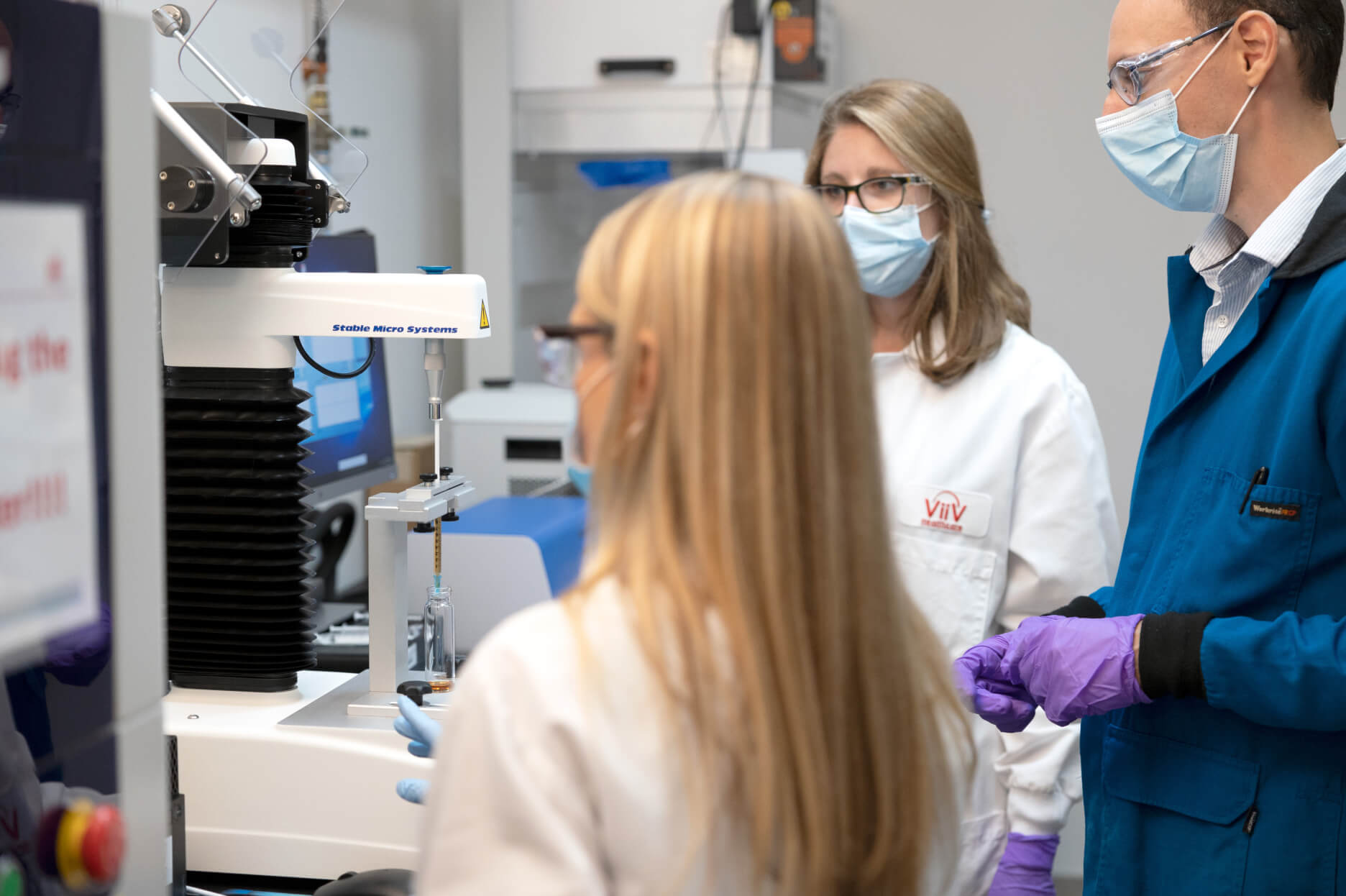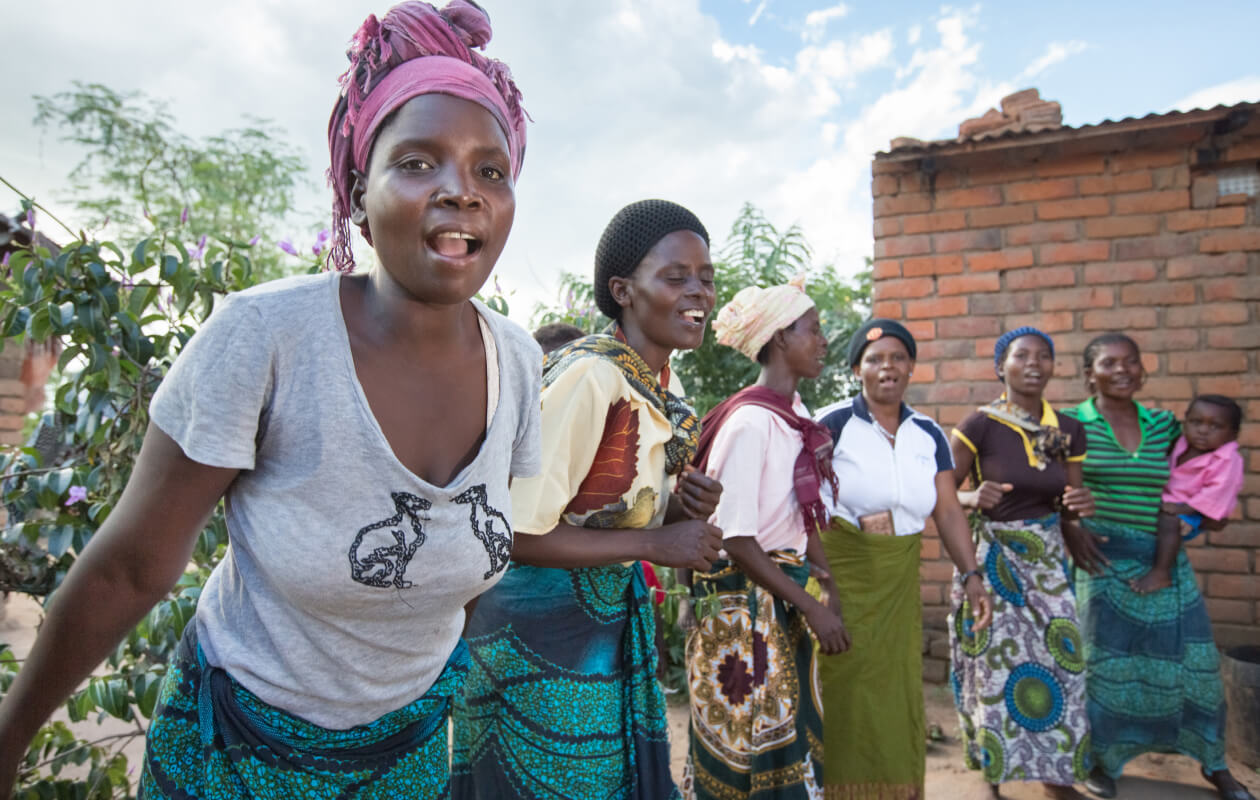
This is what innovation looks like
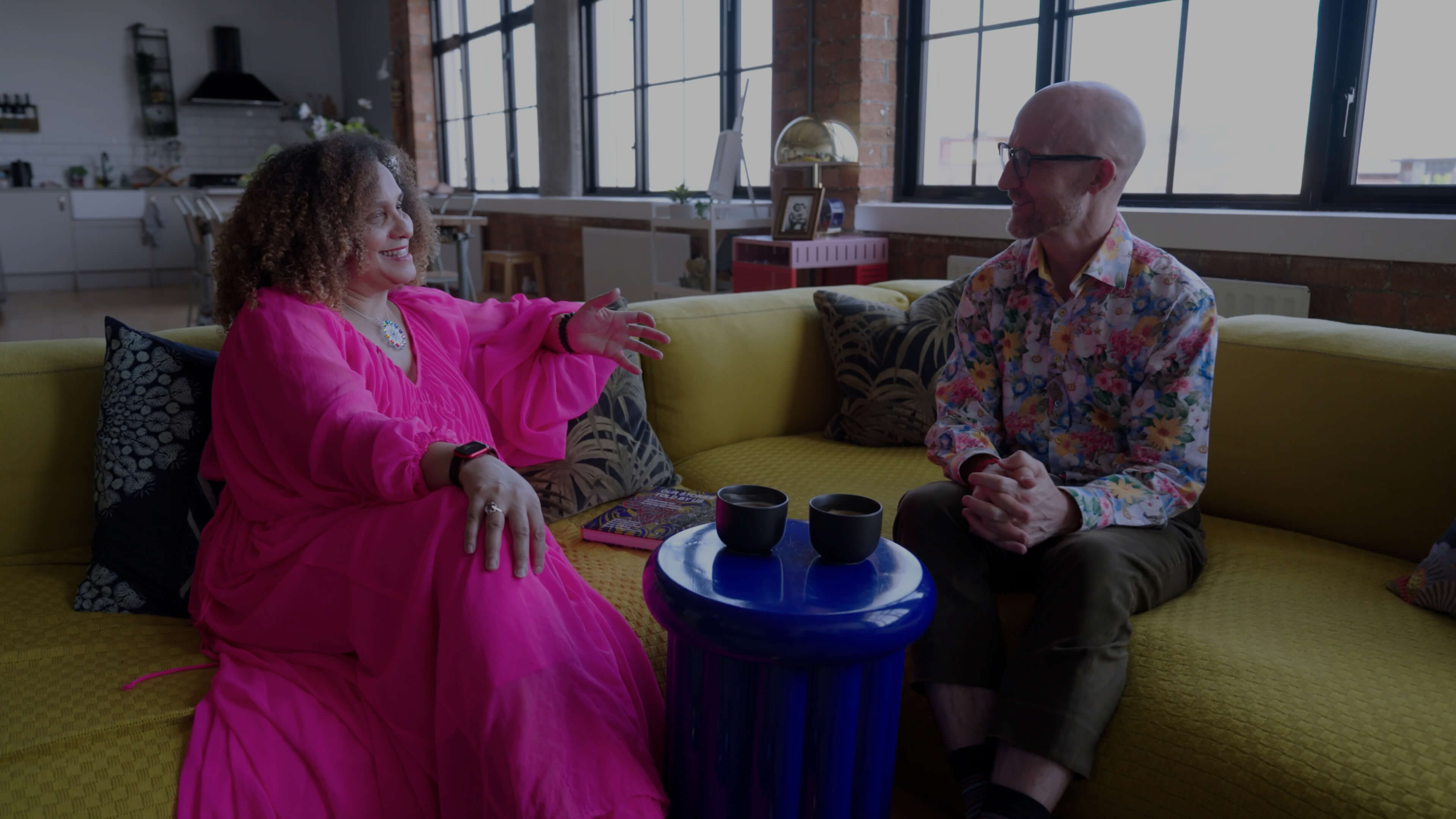
How transformative science is shaping HIV care
It can be hard to imagine a time when HIV treatment meant managing a complex schedule of pills, often taken several times a day. In the four decades since HIV was first identified, advances in medicine have transformed that experience beyond recognition. Today, many people living with HIV can manage their condition with just one pill a day.
But in the HIV community, progress has never been taken for granted. There is always more that can be done to provide treatment options that allow people to live on their own terms.
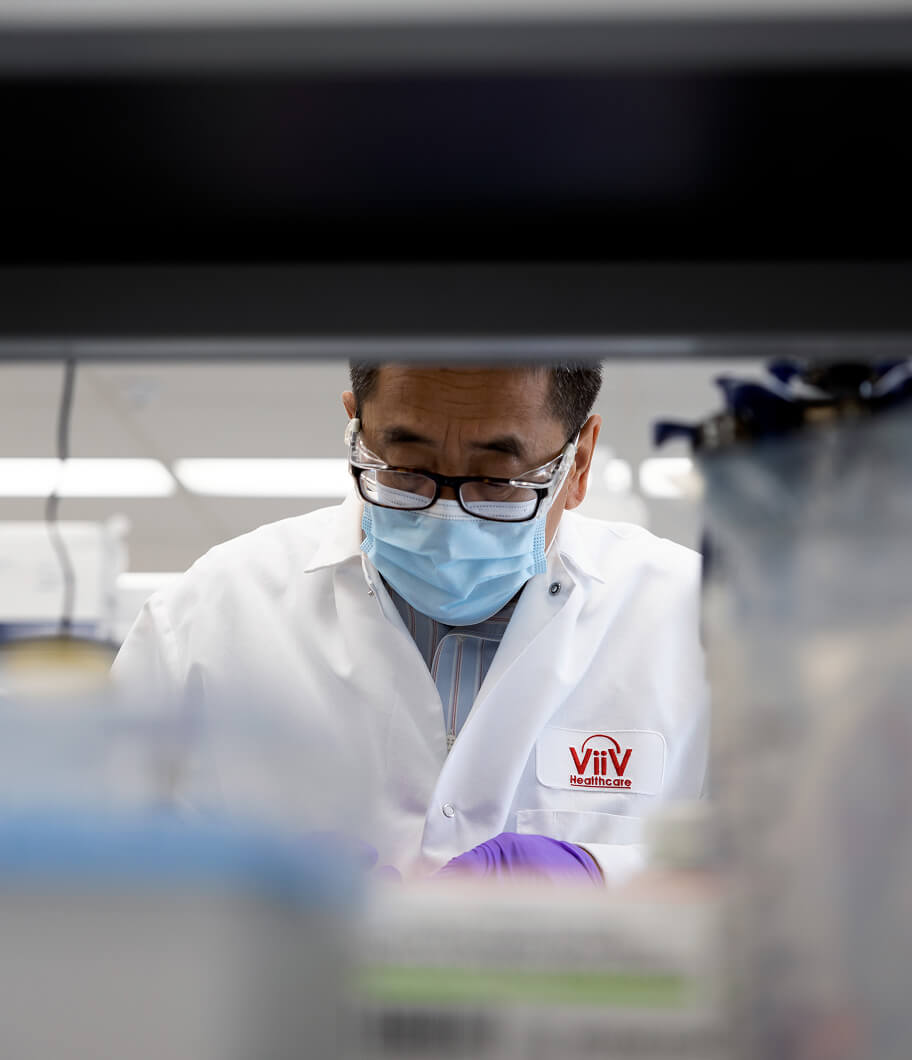
Thanks in large part to ViiV Healthcare’s leadership in HIV innovation, the development of alternatives to daily pills is becoming a primary area of research and development, with pharmaceutical companies worldwide exploring new ways to support people living with HIV, and those who want to prevent it.




Zach and Greg Shirley are twin brothers from Texas. They’re very different people, living very different lives. But both receive innovative HIV care: one for treatment, the other for prevention. Each describes how today’s medical advances mean less time thinking about HIV, and more time going about their lives.
“I go into my appointment, get my medicine, wait 10 minutes, and then I’m off to seize the day,” says Zach.
For both brothers, today’s range of treatment and prevention options reflects an evolution in what care can look like. It’s a reminder that innovation in the pharmaceutical industry is needed to meet evolving patient needs and to help realize the vision of an HIV-free generation.

We’re not in the Dark Ages anymore. Innovations in medicine have had a huge impact on our lives—and it’s important that people know they have choices.
Greg Shirley
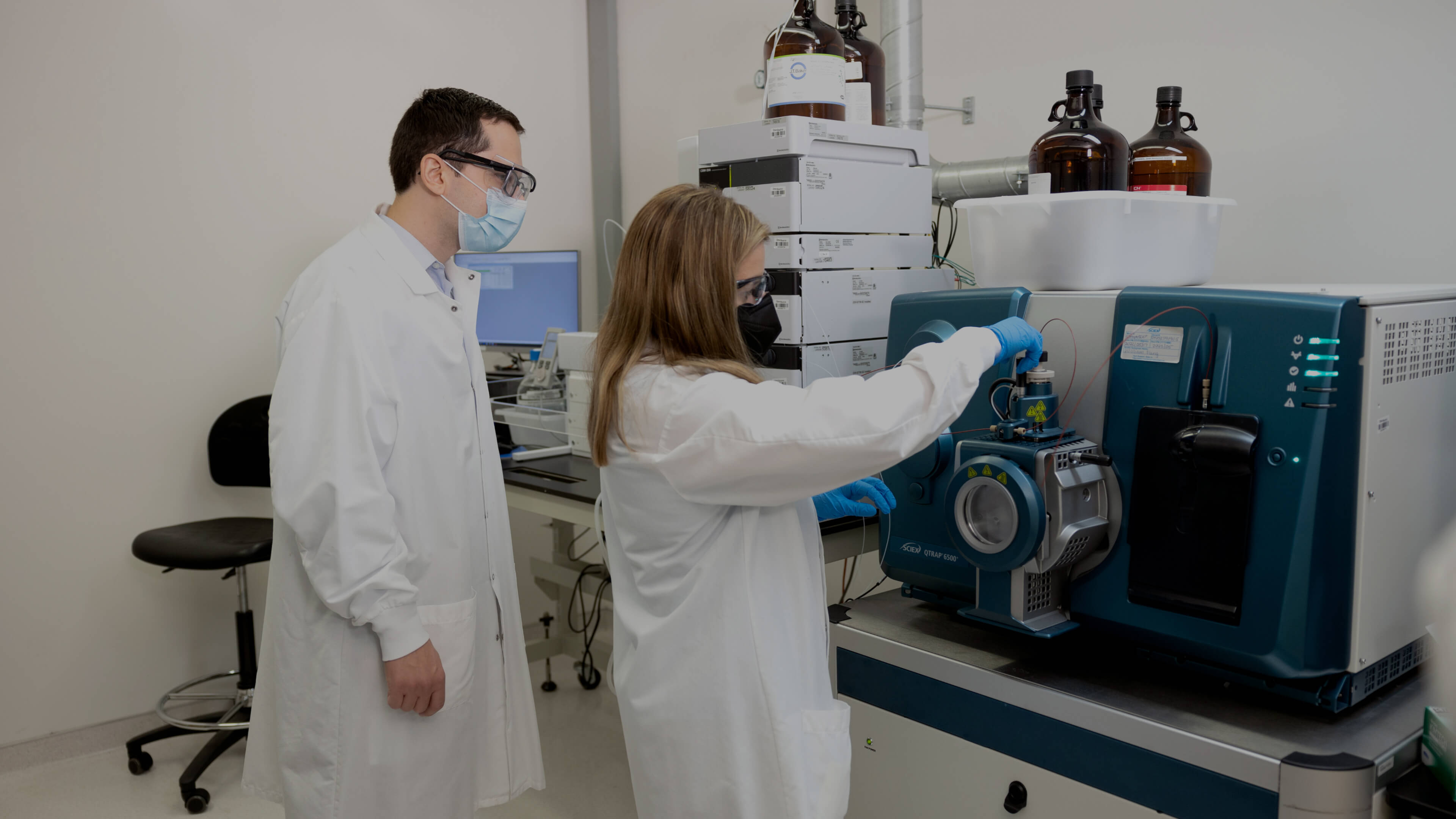


The medicines Zach and Greg rely on today have been decades in the making.
Early HIV treatments were grueling—multiple daily pills, often with debilitating side effects. “Those were drugs that today would probably not pass the earliest stage of investigation,” says Babafemi Taiwo, VP and Head of Early Development at ViiV Healthcare, the only pharmaceutical company 100% focused on HIV. “The marker of success was simply survival.”
Since 2009, ViiV has been instrumental in shifting focus from a baseline of keeping people alive to enhancing their quality of life.

Innovation has offered people real choice. With more than one option, more people with HIV and those who want protection from acquiring it, will be able to meet their health and quality of life aspirations.
Babafemi Taiwo
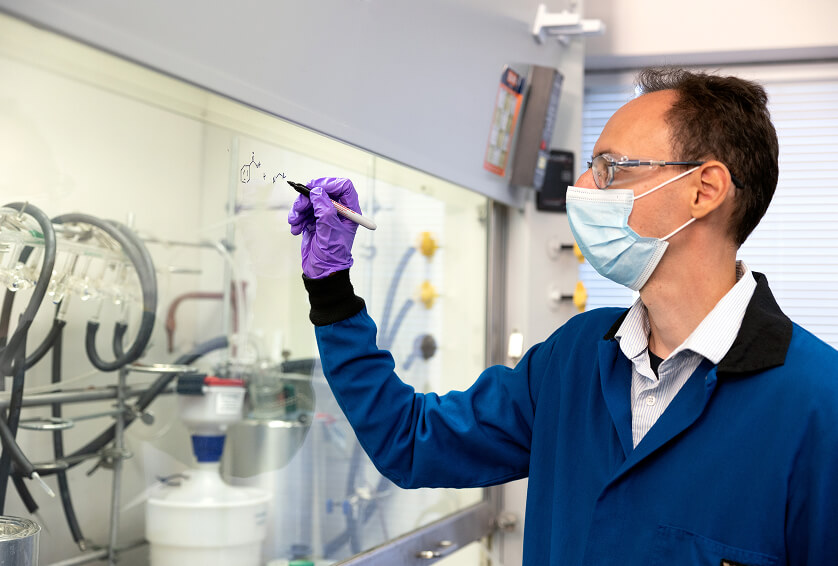
And that choice matters. Interim results from Positive Perspectives 3*, a major global study conducted by ViiV Healthcare, found that patient-centered options can help people stick to treatment, feel more in control, and better navigate the day-to-day realities of living with HIV. New treatment approaches also support health equity across cultures, genders, and generations. For many, Taiwo notes, it means having choice where once there was none.
Those satisfied with their antiretroviral regimen said they are*:
-
More satisfied with their mental, physical, sexual, and overall health
-
Less likely to skip a dose mistakenly or intentionally
-
More likely to take ART as prescribed by their healthcare provider
*ViiV Healthcare Positive Perspectives III 2025
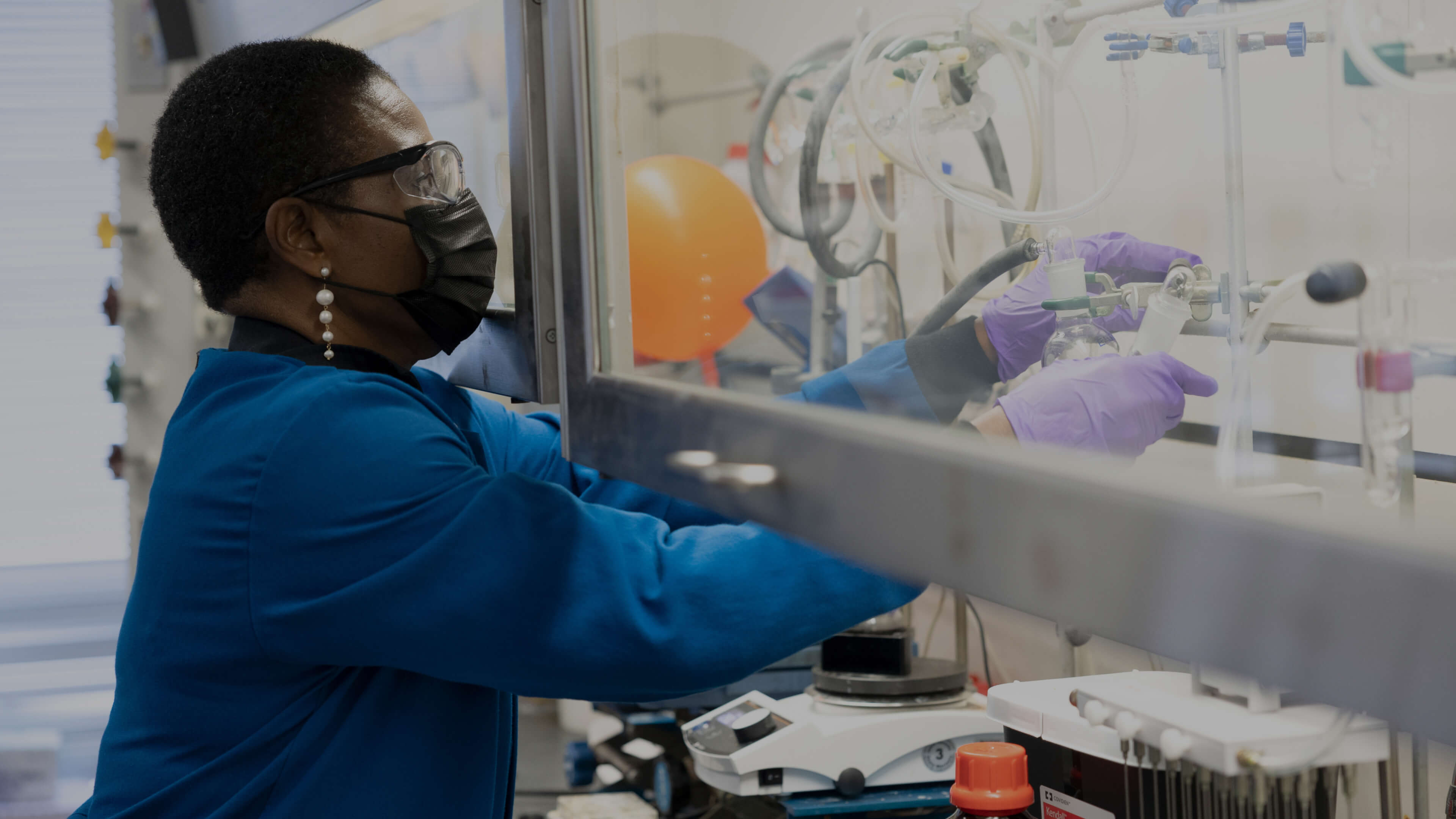


Success in developing medicines that reflect the diversity of real lives is more than just a clinical breakthrough. For many, it has a significant impact on how they feel about themselves, their diagnosis, and their future.
“There’s not a one-size-fits all when it comes to HIV medicines, and having choices can be life-changing,” says Dr. Tristan Barber, HIV consultant physician and chair of the British HIV Association (BHIVA). “I've had patients who have been unable to form relationships because they were frightened their HIV status would be disclosed by having medicines at home.”
For people who fear disclosure or face discrimination, innovative treatment options may offer a discreet and empowering alternative. To Barber, having a choice of medicines was something he never dreamed possible when he was diagnosed with HIV 23 years ago.
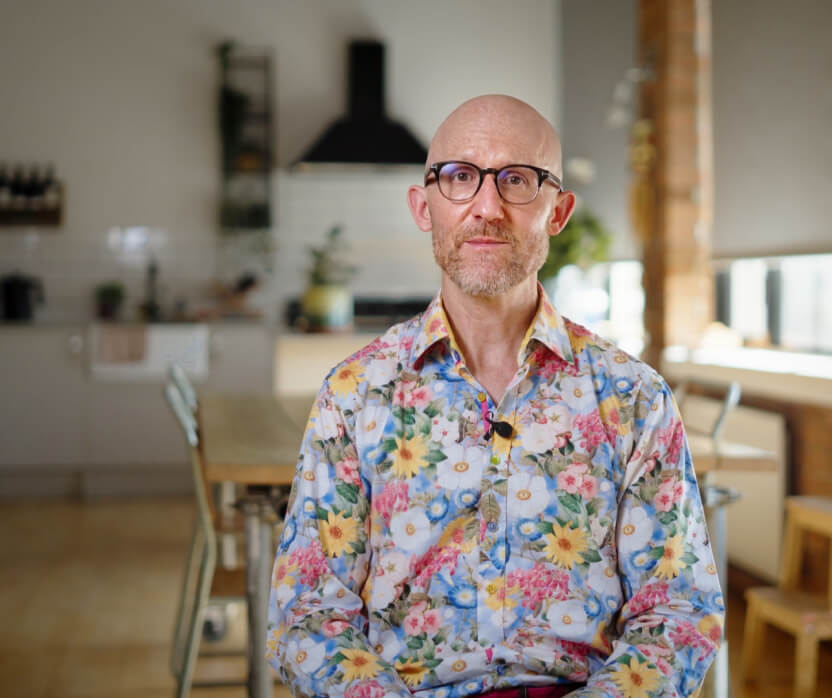
We've seen treatments become much simpler and better tolerated so that HIV can become part of a person’s life, rather than being all of their life.
Dr. Tristan Barber
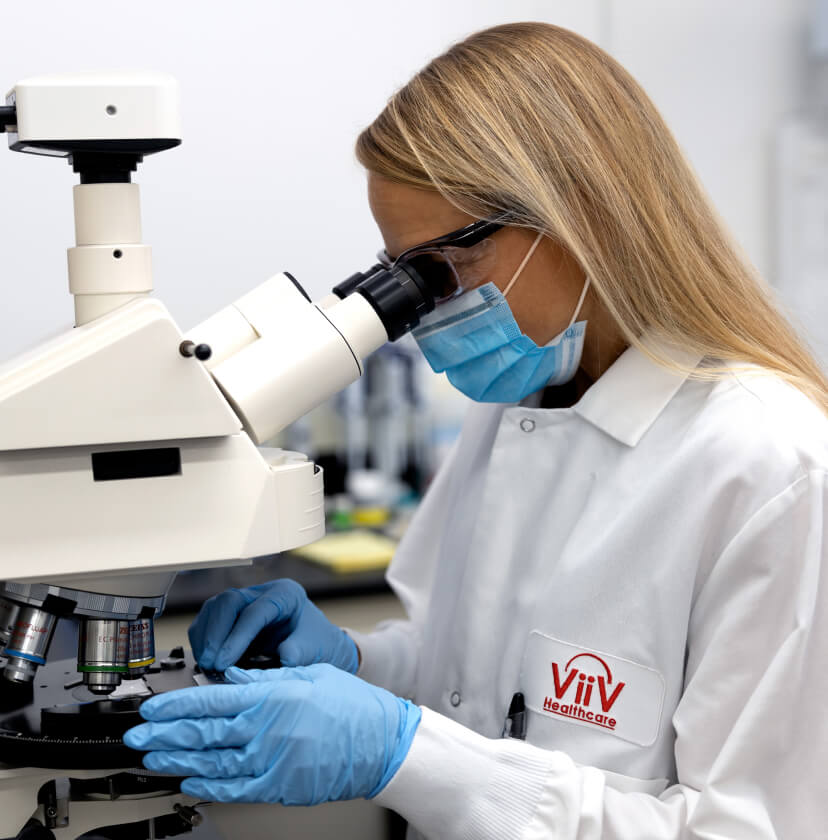
Over the years, Barber has learned that the best decision-making about HIV medicines is shared. That means training healthcare professionals to have conversations that move beyond the consultation room. “We shouldn't be complacent in our relationships with patients and realize that sometimes new things come up that may better suit people," says Barber. “Patients also need to feel comfortable prompting a discussion when they want to know more about the latest changes and innovations.”
Education is also vital, not just to understand what’s available, but how to access it. “A lot of people don’t know what their resources are and don’t even know where to look,” says Zach. “It’s very important to educate folks on how to advocate for themselves and get their treatment or prevention of choice.”

That kind of education also helps tackle the stigma—both external and internal—that too often stands in the way. “Having a conversation about sexual health can be challenging, especially for men of color,” says Greg. “But you have to. If you don't take responsibility for your own health, then no one is going to do it for you.”
How to encourage open conversations about HIV treatment and prevention:
-
Upskill healthcare professionals outside of the consultation room
-
Educate people on the care options available to them and how to access them
-
Advocate for choice and control over personal HIV experiences
Learn more from ViiV Healthcare about how to talk about HIV together



ViiV Healthcare understands that ending the HIV epidemic won’t come from one breakthrough, but from continued progress grounded in decades of experience.
“We’ve gone from survival being the goal to a good quality of life being standard,” says Taiwo. “Now we’re working toward a world where people living with HIV can have exactly the same experience as those without HIV.”
It’s this paradigm shift—from surviving to thriving—that options and choice are helping to make a reality. A future where treatment can be discreet, empowering, and built around people’s lives is within reach. It’s what ViiV Healthcare is aiming to make possible for more people, in more places, every day.

We’re real people with real experiences. And I can truly say that these medicines have changed our lives.
Zach Shirley
This article and video were sponsored by ViiV Healthcare. Zach and Greg Shirley, Susan Cole, and Dr. Tristan Barber were compensated for their involvement.

